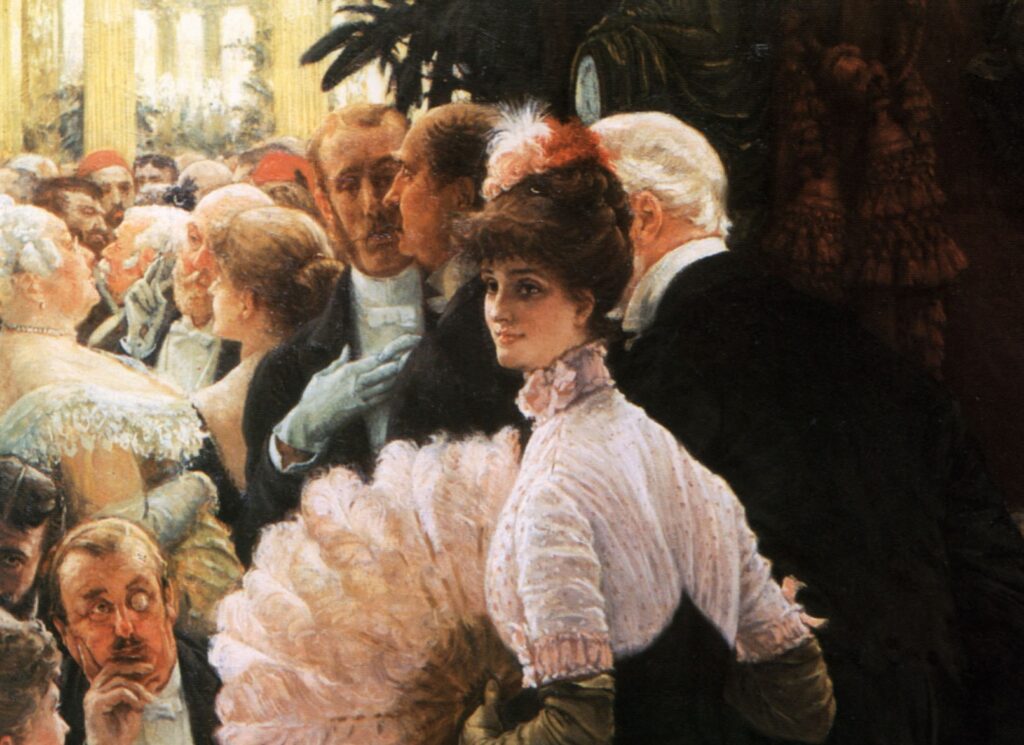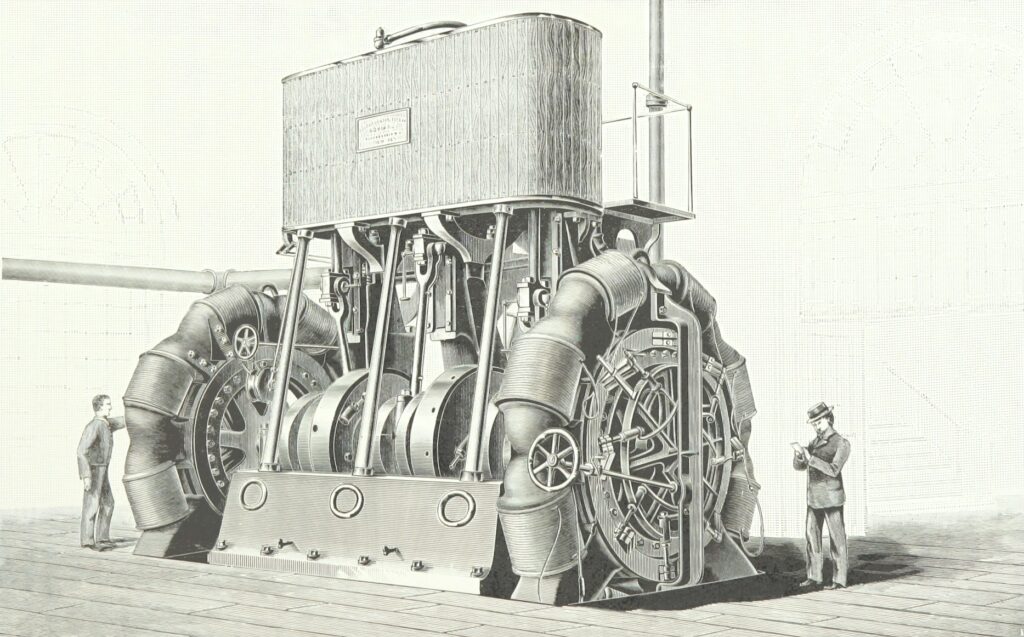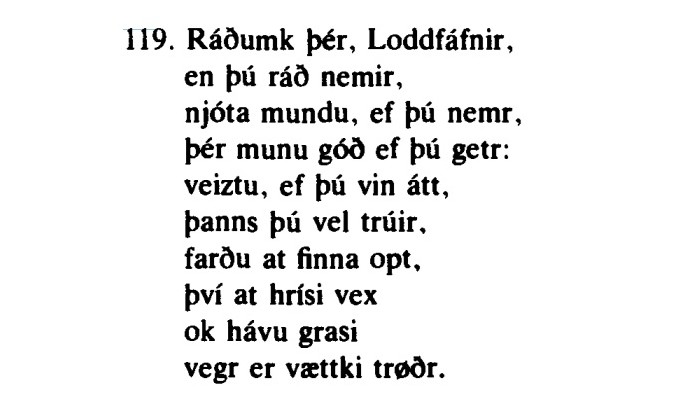Oscar Wilde? Gian Vincenzo Gravina? John D. MacDonald? Roger Ebert? Paul Gibson? Marcel Proust? Anonymous?

Question for Quote Investigator: A clever person constructed the following definition:
A bore is a person who deprives you of solitude without providing you with company.
This remark has been attributed to Irish wit Oscar Wilde, Italian man of letters Gian Vincenzo Gravina, U.S. thriller writer John D. MacDonald, and movie critic Roger Ebert. I have never seen a solid citation. Would you please explore this topic?
Reply from Quote Investigator: The earliest match found by QI appeared in the periodical “Reader’s Digest” in March 1949 within a section of miscellaneous sayings called “Quotable Quotes”. Boldface added to excerpts by QI:1
Gian Vincenzo Gravina, contemporary Italian author: A bore is a man who deprives you of solitude without providing you with company.
The entries printed on the “Quotable Quotes” page were sent to “Reader’s Digest” by readers who were compensated. The quotations were not verified by the magazine; hence, misquotations sometimes appeared.
Gian (Giovanni) Vincenzo Gravina was the name of a prominent Italian jurist and author who died in 1718. Thus, the claim that Gravina was a “contemporary Italian author” was odd. Perhaps, Giovanni Vincenzo Gravina was a pseudonym used by a contemporary author.
Oscar Wilde died in 1900. He implausibly received credit in 2008. John D. MacDonald used the expression in a 1974 novel, but he credited Gravina. Roger Ebert used the saying in 1976, but he credited John D. MacDonald.
Below are additional selected citations in chronological order.
Continue reading “Quote Origin: A Bore Is a Person Who Deprives You of Solitude Without Providing You with Company”








